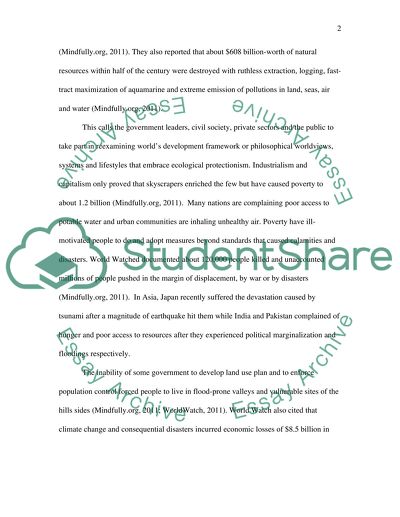Cite this document
(“Green Capitalism and Leadership Research Paper Example | Topics and Well Written Essays - 3250 words”, n.d.)
Retrieved from https://studentshare.org/family-consumer-science/1416945-green-capitalism-and-leadership
Retrieved from https://studentshare.org/family-consumer-science/1416945-green-capitalism-and-leadership
(Green Capitalism and Leadership Research Paper Example | Topics and Well Written Essays - 3250 Words)
https://studentshare.org/family-consumer-science/1416945-green-capitalism-and-leadership.
https://studentshare.org/family-consumer-science/1416945-green-capitalism-and-leadership.
“Green Capitalism and Leadership Research Paper Example | Topics and Well Written Essays - 3250 Words”, n.d. https://studentshare.org/family-consumer-science/1416945-green-capitalism-and-leadership.


